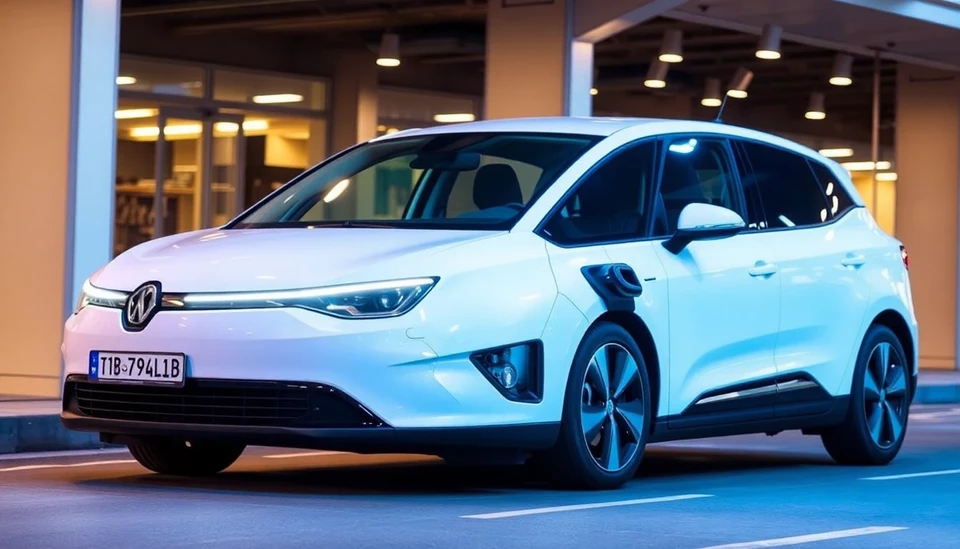
The European Union is set to introduce more straightforward state aid regulations aimed at bolstering investments in clean energy, marking a significant move to enhance its sustainability agenda. This reform comes as the EU grapples with the dual challenges of accelerating its green transition and ensuring economic growth in the wake of the pandemic.
According to officials, these simpler rules are part of a broader strategy to attract funding and support for innovative climate projects across member states. The changes are anticipated to streamline the approval process for state aid, enabling faster deployment of funds toward renewable energy initiatives and helping Europe achieve its ambitious climate targets.
The new framework will provide greater leeway for governments to support companies involved in the production of clean technologies without facing undue restrictions. Specifically, it will facilitate financial support for projects that are aligned with the EU's climate objectives, which include reducing greenhouse gas emissions by at least 55% by 2030 compared to 1990 levels.
In a related context, the EU has been increasingly aware of its reliance on external energy supplies and the need for a robust internal market for renewable energy. By simplifying state aid rules, the EU aims to create a more competitive environment for clean energy production, which is critical for the bloc’s energy independence and climate resilience.
This initiative also reflects the EU's commitment to fostering innovation in the clean tech sector, particularly at a time when global competitiveness in renewable technologies is on the rise. European leaders believe that by making it easier for member states to invest in clean projects, the EU can position itself as a global leader in the green economy.
While the specific details of the new state aid rules are still being finalized, there is growing optimism among stakeholders that these changes will significantly boost investment in the clean energy sector. The EU's plans have been met with a positive reception from business leaders and environmental advocates, who argue that clearer guidelines will help to catalyze substantial financial commitments to environmentally friendly initiatives.
As the transition to a low-carbon economy accelerates, it remains crucial for the EU to ensure that its state aid framework not only supports environmental goals but also fosters economic stability and job creation in regions that may be heavily dependent on traditional energy sources.
With the expectations set high, the EU's move to implement simpler state aid rules is seen as a pivotal moment in its climate strategy, signaling a proactive approach to both sustainability and economic revitalization. As these changes unfold, the world will be closely watching how the EU balances its green aspirations with the practical realities of stimulating investment in cleaner technologies.
In conclusion, the EU's initiative to revamp state aid regulations represents a critical step toward achieving its climate ambitions while simultaneously laying the groundwork for future economic growth. With many opportunities lying ahead, these reforms could pave the way for a new era of innovation and investment in clean energy.
#EUGreenDeal #CleanEnergy #StateAidReform #Sustainability #ClimateAction #InvestmentOpportunities #RenewableEnergy
Author: Peter Collins

